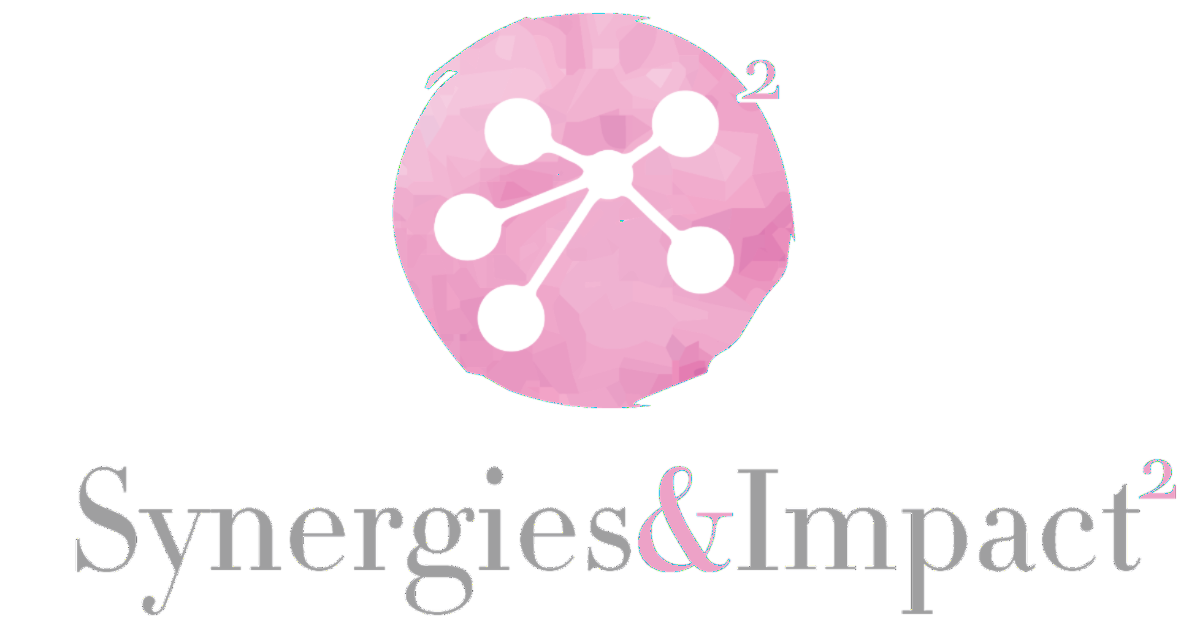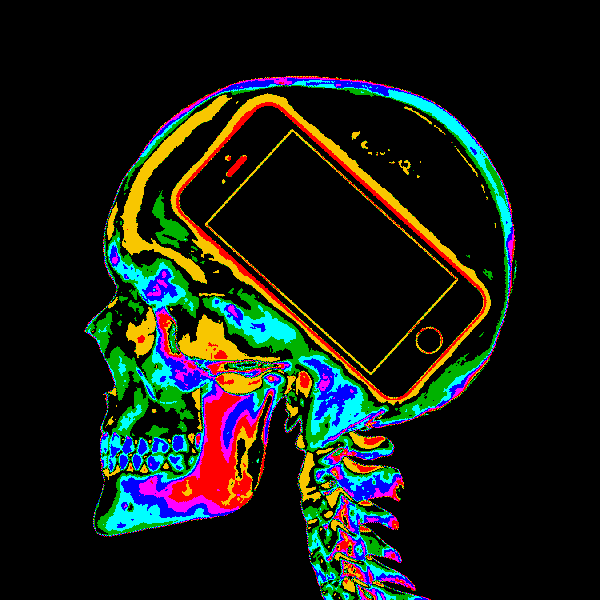What’s in it for me?
Mental Health: What’s Tech Got To Do With It?
Dr. Nabeel Akram
In 2016, Daniel Vigo and his companions argued in an article published in The Lancet that global burden of mental health is underestimated and the true burden could be a distant first in term of YLDs (or Years Lived with Disability) and should be in the range of DALYs (or Disability Adjusted Life Years) as those of cardiovascular and circulatory diseases. The authors critiqued the current approaches that estimate the burden of disease and claimed that these approaches underestimate the mental health illness burden by a third or more.
https://www.thelancet.com/journals/lanpsy/article/PIIS2215-0366(15)00505-2/fulltext
In my last blog How anxiety and depression are affecting our young? I touched upon the fact that there is extreme shortage of mental health providers globally as it corresponds to the needs. According to WHO’s Mental Health Atlas 2017, in low income countries the rate of mental health workers is as low as 2 per 100,000 population while the similar rate in high income countries is more than 70. This situation is alarming considering that 1 every 10 persons is estimated to need mental health care at any one time. If we take the argument into consideration made in Vigo et. al. article, in the Lancet, then the situation could be even worse.
Both the burden of mental illness as well as the lack of access to services for it, pose a daunting challenge for us and it would take transformative solutions to address the problem. We frequently confront the question in our daily lives that if it’s true that social media is escalating episodes of anxiety and depression among people in general and youth in particular. With technology becoming an integral part of our lives and lifestyle, it is a common belief that social media is causing more harm than good, especially among our youth. There are plenty of arguments for this notion.
The Big Myth About Teenage Anxiety
Relax: The digital age is not wrecking your kid’s brain.
https://www.nytimes.com/2018/09/07/opinion/sunday/teenager-anxiety-phones-social-media.html
Richard A. Friedman
However, Richard Friedman, in his New York Times article, “The Big Myth about Teenage Anxiety” argues against this perspective. He tells parents in his article that “Don’t panic; things are really not this dire.” Dr. Friedman is a professor of clinical psychiatry and the director of Psychopharmacology Clinic at Weill Cornell Medical College. He argues in his article that since there hasn’t been any representative survey of psychiatric disorders recently and most of the surveys reporting anxiety disorders in US are based on the self-reported measures and not clinically significant syndromes, it is hard to say that social media and technology have to be blamed for anxiety in teens.
“Our teenagers – and their brains – are up to the challenges of the modern life.”
Richard A. Friedman
Dr. Friedman continues to say in his article that “our brains are more resilient and more resistant to change than we think”, and that “Our teenagers – and their brains – are up to the challenges of the modern life.”
On the other hand, Yuval Noah Harari in his series of books – Sapiens, Home Deus and 21 Lessons for the 21st Century – spectacularly builds the argument on evolution of species and that technological disruption is bound to happen and there is nothing that can stop it now.
There are three big challenges facing humankind in the 21st century," says Harari.
"They are: nuclear war, climate change and technological disruption, especially the rise of artificial intelligence (AI) and bioengineering. This will change the world more than anything else.
"Nuclear war and climate change we can hopefully prevent, so these are changes we try to avoid. But technological disruption and especially AI and bioengineering are bound to happen. We still have some choice about what kind of impact AI and bioengineering will have on the world, but they will change the world, maybe more than anything that happened previously in history.”
According to Yuval, "These are the main challenges. Anything else is a distraction".
“Nuclear war and climate change we can hopefully prevent, so these are changes we try to avoid. But technological disruption and especially AI and bioengineering are bound to happen.”
So here I think, under this premise, that growing up in this age of technology, our children can take on the tech challenge on its own turf. The bigger question for us is that how can we help create solutions for them that not only prepares them for the future of tech but also uses the same to help them to be mindful, adaptive and make the most of the tech change itself, than to be bogged down in anxiety and be less happier and less productive in lives?
Despite the argument of Friedman that tech may not be affecting our teens’ anxiety, it still does not mean that life’s other challenges, in the present world, are not affecting our kids mentally. The global burden of mental illness may still be very relevant due to reasons other than social media, and the number of mental health service providers globally could still be scant, to deal with them.
Hence, with the urgency of the need to provide these services, there is an opportunity to work with tech firms and psychologists together and develop solutions that are a) based on technology, b) are futuristic, and c) correspond with the tech-based social paradigm, which our teens are more and more familiar with now. Tele-psychiatry and meditation apps are already in vogue and catching on, while pharmacogenomics for antidepressants, AI and big data use for diagnosis, counseling and treatment are also providing new opportunities of treatment to psychologists, public health professionals and entrepreneurs alike. This will greatly help successfully combat the burden of mental health illness around the world.









